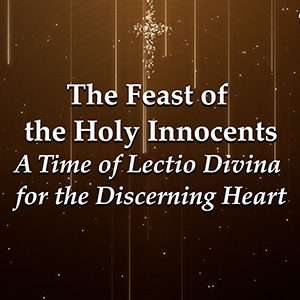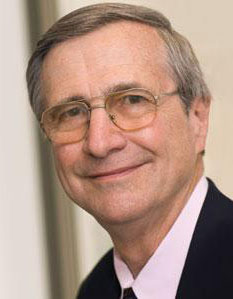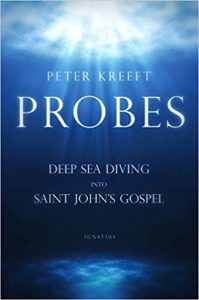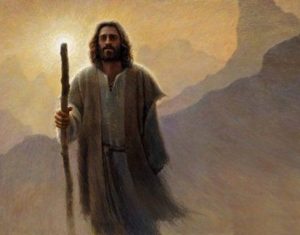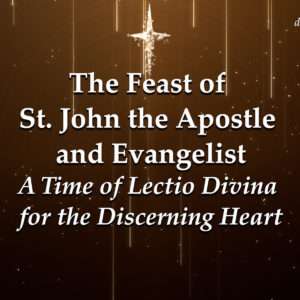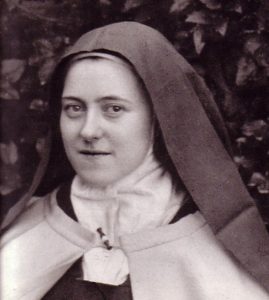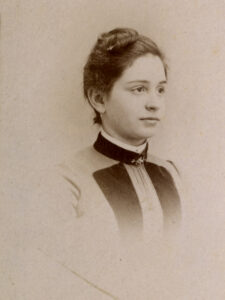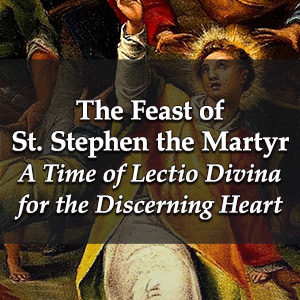Podcast: Play in new window | Download (Duration: 3:02 — 2.2MB) | Embed
Subscribe: Apple Podcasts | Spotify | Amazon Music | Android | Pandora | iHeartRadio | JioSaavn | Podchaser | Gaana | Podcast Index | Email | TuneIn | Deezer | Anghami | RSS | More
Novena del Abandono a la Voluntad de Dios – Día 3

Jesús Nos Dice
¡Cuántas cosas realizo cuando el alma, tanto en sus necesidades espirituales como en aquellas materiales, se vuelve a mí, me mira y diciéndome: “Jesús, ocúpate Tú de ello”, cierra los ojos y reposa. Obtenéis pocas gracias cuando os atormentáis por producirlas, sin embargo tenéis muchísimas cuando la oración es un encomendarse plenamente a mí. En el dolor, vosotros oráis para que yo obre, pero para que obre como creéis que debo obrar… No os dirigís a mí, sino que queréis que yo me adapte a vuestras ideas; no sois enfermos que piden al médico que les cure, sino que le sugerís la cura. No obréis así, sino orad como os he enseñado en el Padrenuestro: Santificado sea tu nombre, es decir, sed glorificado en esta necesidad mía. Venga a nosotros tu reino, o sea, todo contribuya a tu reinado en nosotros y en el mundo. Hágase tu voluntad así en la tierra, como en el cielo, es decir, dispón Tú, en esta necesidad, como mejor te parezca en lo tocante a nuestra vida temporal y eterna. Si me decís de verdad: “hágase tu voluntad”, que es lo mismo que decir: “Jesús, ocúpate Tú de ello”, yo intervendré con toda mi omnipotencia y venceré las mayores dificultades.
O Jesús, yo me entrego a Ti, ¡ocúpate de todo! (Repítelo 10 veces)
Madre, soy tuyo ahora y siempre.
A través de ti y contigo siempre quiero pertenecer completamente a Jesús.
Amén
Para la versión completa en audio de 9 días de la Novena del Abandono a la Voluntad de Dios visite aquí
Esta Novena fue compuesta por el Padre Dolindo Ruotolo (1882-1970) un sacerdote de Nápoles, Italia, para ayudar a quienes la rezan a entender que el Señor quiere que confiemos en Él sin importar cuál sea nuestro problema. Solo podemos elevarnos a este nivel de confianza a través de la gracia de Dios y la ayuda del Espíritu Santo. Debemos dejar de lado nuestros problemas, dejar de preocuparnos y tratar de resolverlos nosotros mismos. Debemos creer, confiar y permitir que nuestro Señor nos rescate de nosotros mismos y suplir nuestros deseos, necesidades y resolver nuestros problemas como solo Él puede. “Jesús, cuídalo tú”, deben ser las primeras palabras que nos vienen a la mente y brotan de nuestros labios.

